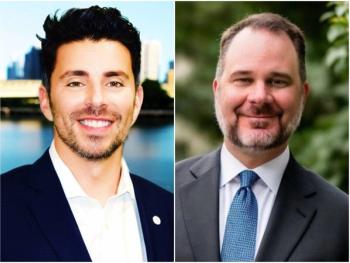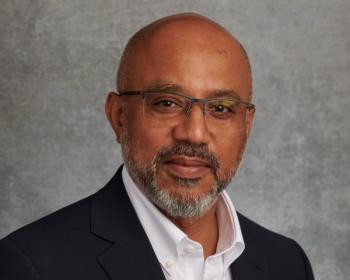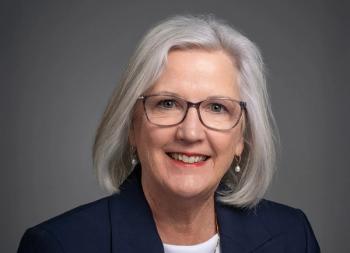
Health groups ask Biden to declare national emergency for mental health of kids
More than 130 organizations signed a letter asking the president to do more to help children. Emergency departments are treating more young people for suicide attempts.
One year ago, three health groups declared a national emergency.
The American Academy of Pediatrics, American Academy of Child and Adolescent Psychiatry and Children’s Hospital Association issued what they called a “National State of Emergency in Child and Adolescent Health.”
Now, those groups are calling on President Biden to declare a national emergency and to take action to combat the growing mental health crisis in America’s youth.
The groups, along with 131 other healthcare organizations and advocates, sent a
“There is much more work to do by the Administration and in Congress,” the letter stated. “We urge you to join us in naming the youth mental health crisis exactly what it is--a National Emergency that requires all sectors to come together and take action.”
- Read more:
Health groups press Justice Department to stop attacks aimed at children’s hospitals, doctors
Moira Szilagyi, president of the American Academy of Pediatrics, said in a news release the mental health crisis “requires transformative action to address.”
“By declaring the mental health crisis a national emergency, our federal government can help mobilize resources and activities to address the needs of children and teens,” she said.
Some of the groups that signed the letter include the American Alliance of Family Physicians, the American Psychiatric Association and the National Alliance on Mental Illness.
Children were facing mental health challenges before the emergence of COVID-19, but the pandemic has exacerbated the crisis, the health groups say.
Emergency room visits for youth suicide attempts have surged during the pandemic, the groups say.
Suicide is now the second leading cause of death for young people nationally, and it’s the leading cause of death for Asian American young people. Suicide rates are rising among Black boys and girls under the age of 12.
More teens are struggling with depression, trauma and eating disorders, the groups say.
More healthcare leaders are demanding more attention be paid to children and their behavioral health. This week, the
Amy Wimpey Knight, president of the Children’s Hospitals Association, said action is needed to help children now and “to prevent future illness and tragedies.”
“Every child’s health—physical and mental—is a priority,” Knight said in a statement. “The crisis impacts all children—from rural to urban areas, across all socio-economic backgrounds, regardless of race, ethnicity and gender. Congress has a chance to invest in the health and well-being of tomorrow’s adults, today.”
Families in medically underserved community areas face additional barriers to obtaining mental health services, the groups said in the letter. Over half of all U.S. counties are without a single practicing psychiatrist, according to the
“Systemic inequities such as racism, homophobia, transphobia, economic inequality, under-resourced schools, and medically underserved communities have disproportionately limited access to mental health services for young people from historically marginalized communities,” the letter stated.
Warren Ng, president of the American Academy of Child and Adolescent Psychiatry, called on the Biden administration and Congress to move quickly.
“The crisis has worsened, especially for racial and ethnic minority, LGBTQ+, rural and marginalized youth," Ng said in a statement. "We are failing our youth if we do not take urgent and sustained action to put out the fire that is devastating young lives."
Healthcare experts have pointed to telehealth as a tool to expand access to mental health. Federal researchers found
Healthcare leaders have also pointed to the need to integrate
If you’re struggling and need help, call 988 or visit the































